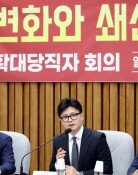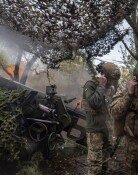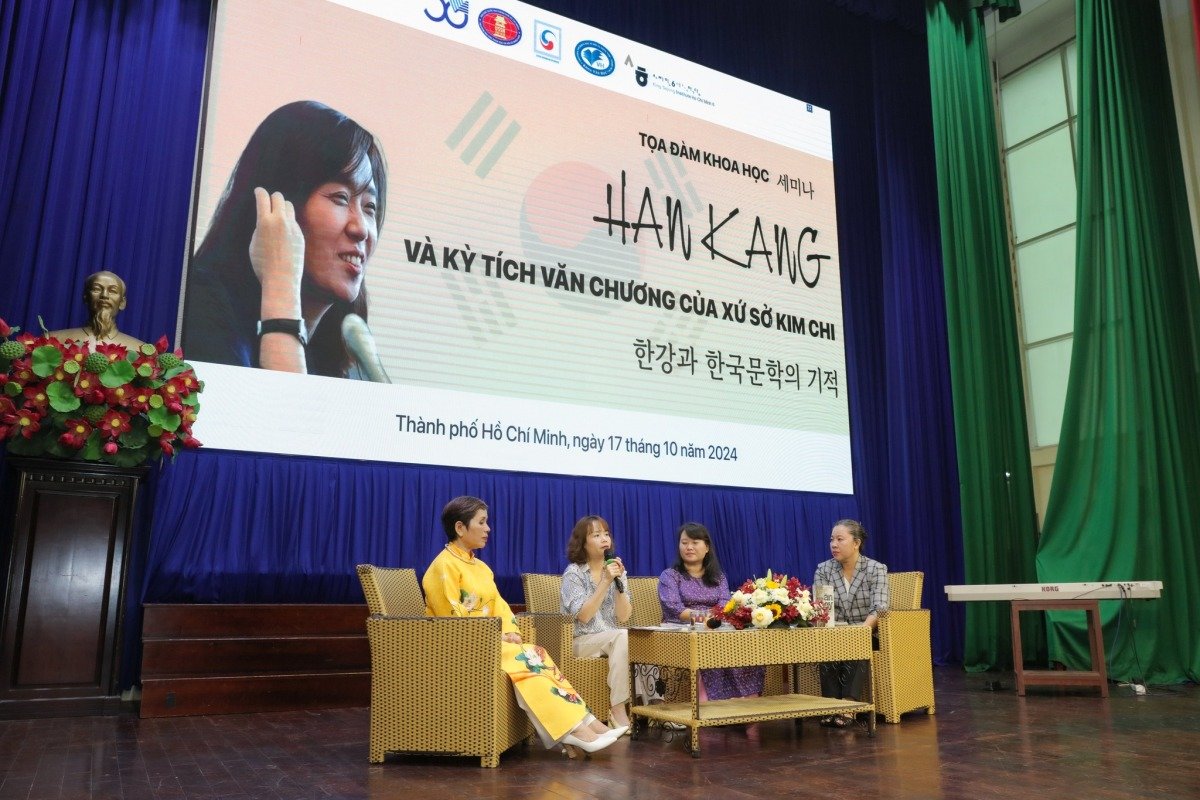Whither the intelligence service fund?
Whither the intelligence service fund?
Posted October. 06, 2000 20:26,
The Central Investigation Bureau of the Supreme Prosecutor's Office is at pains to determine the timing of the launch of a full-fledged probe into the alleged flow of money from the National Security Planning Agency (now renamed the National Intelligence Service) into the campaign coffers of political parties. The investigation has to start with summoning suspects.
Prosecution authorities have avoided making specific mention of the case, merely saying that they are bent on finding the facts. On Oct. 6 they refrained from any comment at all on the grounds that there were no new findings. A regular session of the bureau staff, however, was reported to have discussed the direction and timing of the investigation.
Bak Sang-Gil, the investigation coordination officer of the bureau, denied any plans for the week. It appears uncertain whether prosecutors will launch a full-out probe next week. A meeting of two major party leaders is scheduled for Oct. 9, and the Seoul District Prosecutor's Office is to announce the results of its probe into a loan scandal involving the Credit Guarantee Fund on Oct. 10. On Oct. 13, the announcement of the Nobel Prize winners for the year is expected, and President Kim Dae-Jung is named among the Peace Prize candidates.
These interlocking schedules aside, it is quite probable that the critical political impact that the sensitive probe would entail will further delay its launch. The nature of the case is bound to provoke a serious, sustained and negative reaction from the opposition Grand National Party as soon as the
prosecution investigation gets underway.
It is wrong for the prosecution to upset the applecart now that the two parties have managed to normalize the National Assembly after much difficulty, one prosecutor observed. He was of the opinion that the political climate following the meeting of the heads of the two parties and the decision of the President hold the key.
A full-scale inquiry would call for several leading officials of the NSPA and the then governing party (the present-day opposition party) to be summoned, and the summons could include their higher-ups. Thus, the decision may not be entirely up to the prosecution, the sources believe.
The prosecution has grasped the general and vague picture of some NSPA funds having been transferred to a few politicians, but it does not seem to be sure of who of what group is implicated in the misappropriation scandal.
Suspects involved in a lobbying scandal surrounding the Seoul-Busan high-speed railway contract are likely to be called in for questioning as the launch of this investigation is also related to the campaign fundraising episode. A frontal attack on the case will have to await the completion of extensive checkups on the bank accounts of the suspected figures, which will take considerable time.
Headline News
- Presidential Office signals possible offensive weapons aid to Ukraine
- N. Korea reportedly prepares military balloon attack with Russia
- Medical associations join bipartisan talks on expanding medical school quotas
- Former world No. 1 Ko Jin-young returns to LPGA
- Kakao unveils AI service ‘Kanana’ at 'if Kakao AI 2024'







